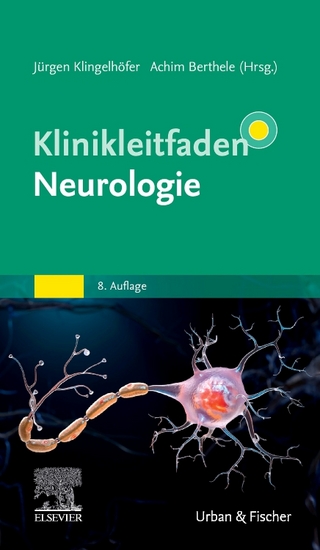
Working with Traumatized Police-Officer Patients
Routledge (Verlag)
978-0-415-78540-2 (ISBN)
- Titel ist leider vergriffen;
keine Neuauflage - Artikel merken
An insider perspective from a 'cop doc on the job,' this book is the first of its kind written in response to a need for a specialized guide for clinicians that operationally defines and responsibly treats what Dan Rudofossi terms Police and Public Safety Complex PTSD. In reading this book, you are led through an understanding of how to work with police officers who experience cumulative loss in trauma. "Doc Dan" initiates you into an original cultural competence of how and why his theory works in practice. You will leave the journey with a practical sense of how the ecological context and ethological motivation are part of the psychological presentation of almost all officers suffering from complex trauma and loss.This guide is crucial reading, original in its breadth and scope of perspective on how to intervene with the traumatized officer. Toward that end, Rudofossi presents his Eco-Ethological Existential Analysis of Police and Public Safety Complex Post Traumatic Stress Disorder. Emotive, affective, cognitive, behavioral, and existential ranges of expression of trauma are vast, diverse, and often intense in police officers. This book delivers applied theory with clinical examples, including practical interventions for the clinician and handouts for the officer-patient. The clinician will be assisted in encountering officers' existential suffering from the edge of despair to the precipice of meaning. The guide is at once stimulating, exciting, and very serious in its potential for clinical interventions.
Dr Daniel Rudofossi has been a street cop in 1987, to becoming a Cop Doc, Uniform Psychologist at the rank of [Det. Sgt] for the NYPD, DEA EAP, HRA PD, Amtrack PD I have accumulated much experience. He is a Professor at St Johns University and Cop Doc at Det Crime Clinic.
Foreword by Alan W. Brenner, Ph.D.
Preface by Richard R. Ellis, EdD
Part I: Initiation: Rites of Passage-Cultural Competence
Introduction: summarizes the content, motivation, and trajectory of the guide.
Chapter 1. A Brief Tutorial on the Nature of Trauma in Policing:
offers a brief tutorial on trauma within police and public safety culture for the clinician and criminal justice practitioner.
Chapter 2. Enhancing Your Cultural Competence-Cop Doc Reflections for the Clinician:
moves the clinician to a culturally competent stance for use in the initial encounter with the traumatized officer-patient.
Part II: Strategic Approaches toward Achieving Alliance and Effective Assessment with Public Safety Patients
Chapter 3. Creating and Maintaining an Alliance with Public Safety Officer-Patients:
ignites the most important and difficult aspect of our work: developing a resilient therapeutic alliance between the clinician and police patient.
Chapter 4. An Outline of a Protocol for Assessment of Mental and Behavioral Disorders in Public Safety Populations:
gives the clinician a primer for establishing a protocol for assessing mental and behavioral disorders in a public safety population.
Part III: Eco-Ethological Existential Analytic Method of Therapy in Treating Police and Public Safety Complex PTSD
Chapter 5. Theoretical Background for CPTSD in Public Safety Populations:
focuses on moving from PTSD to Police Complex PTSD as a framework for applied clinical practice with public safety officer patients.
Chapter 6. An Eco-Ethological Existential Analysis of PPS-CPTSD with Officer-Patients:
the book culminates with an eco-ethological existential analysis, achieving effective results through composite clinical case examples of officer-patients presenting with Police Complex PTSD.
| Erscheinungsdatum | 11.02.2017 |
|---|---|
| Reihe/Serie | Death, Value and Meaning Series |
| Verlagsort | London |
| Sprache | englisch |
| Themenwelt | Medizin / Pharmazie ► Gesundheitswesen |
| Medizin / Pharmazie ► Medizinische Fachgebiete ► Neurologie | |
| Medizin / Pharmazie ► Medizinische Fachgebiete ► Notfallmedizin | |
| ISBN-10 | 0-415-78540-5 / 0415785405 |
| ISBN-13 | 978-0-415-78540-2 / 9780415785402 |
| Zustand | Neuware |
| Haben Sie eine Frage zum Produkt? |
aus dem Bereich


